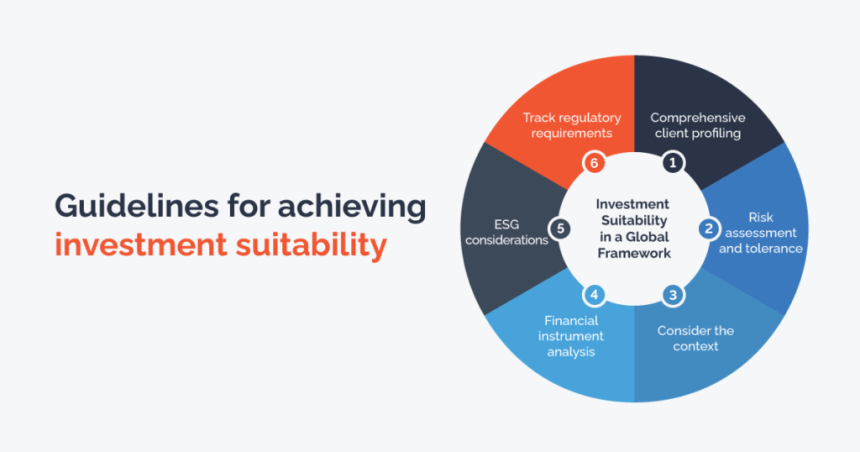What challenges does the current crisis pose for financial investment?
This is one of the questions that Pablo Mansilla, head of investment funds at Santander Private Banking, tried to answer in a webinar for ENAE Business School.
In his opinion, “this is the best time in history for taking on debt, financing investments or entrepreneurship”. This was the categorical opinion of this professional with more than 25 years’ experience in market analysis and investment products, who pointed out that both the healthcare and economic scenarios have good prospects.
With regard to the health crisis, Mansilla expressed his full confidence that mass vaccination will minimize the consequences of Covid 19 and, therefore, there will be a clear economic recovery. He warned that the “seriousness and harshness” of the current crisis cannot be downplayed, but nevertheless encouraged to look to the future with hope.
In this sense, he sees in the cases of the United States and China two models to follow, although with their evident differences. Although the U.S. economy is progressing unevenly among its different sectors, he believes that it is returning to growth, as shown by the creation of jobs last January and how the unemployment rate fell by four tenths of a percentage point to 6.3%.
The same is true of China, which is presented as the only country in the world that grew in the midst of the pandemic. Over the past year, its economy rebounded by 2.3%, mainly due to the severe measures imposed to control contagion.
Both giants are also leading the way in the purchase of third-country debt, which would show the confidence of these economies in the coming global recovery.
Medium-term economic forecasts.
Pablo Mansilla points out that economic forecasts show an upward economic trend for the next five years, especially in the United States and slightly lower in Europe. Within the Old Continent, Spain may be at the back of the pack due to the significant inequalities in its productive fabric.
In any case, he believes that the expansive economic policies that have been followed in recent years without precedent, with negative interest rates, will be maintained; and he is confident that these policies will be accompanied by fiscal policies of tax containment, which will facilitate investment. Regarding the type of investment, in the analyst’s opinion, “with expensive stock markets, such as the American one”, investors will bet on the technology, health and talent sectors.
This will be helped by an acceleration in economic globalization after the four years of the Trump administration in the United States. “We have hit a ceiling with ‘de-globalization'” and a new Democratic administration.
Key factors for endowments.
During his speech at the webinar organized by ENAE, the head of investment funds at Santander Private Banking also tried to answer the question: what are the keys to maximize the results of our wealth?
He advised great caution in fixed-income investments in both the United States (dollar) and the European Union (euro), as in both cases he sees “little room for maneuver”; and as for fixed-income investments in emerging countries, he was in favor of placing capital in local currencies against strong currencies in a context of global cyclical recovery and still-attractive interest rates. Thus, his “favorite region” is Asia.
Regarding equities, he pointed out that the market is valuation-adjusted, but with ample room for growth if earnings start to take off in parallel with the economic cycle. His bet would be in the United States and in the financial, technology, materials and industrial sectors. As for Europe, Germany would be his main bet, followed by France and Italy, as well as the United Kingdom once Brexit has been resolved. Also in Spain as long as its main trading partners recover and the multiplier effect of the Next Generation Funds.
Finally, his main bet is on investments in alternative markets such as currencies (dollar) and gold, which remains a safe haven and highly demanded by central banks; also in industrial metals at the beginning of a new upward primary cycle.


